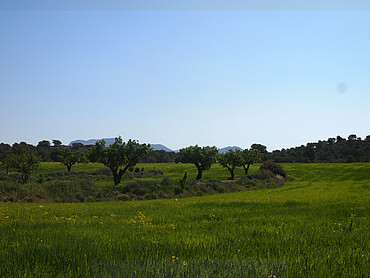Abstract
The Arento Group case examines how an agricultural business tries to make the transition towards higher levels of sustainability. Arento Group, based in the Zaragoza region in Spain, is slowly but surely adopting sustainable innovation practices and projects such as diverfarming entering the international market and upgrading the ecological production. With the new president coming to the office, Arento Group’s new vision is set — to become more sustainable in all aspects (economic, social, and environmental) and expand business in foreign markets. Arento was already doing well in some areas but needed improvement in others. In order to realize intentions into actions, the group has to first identify the areas that require improvement and then decide on what changes have to be made across the whole value chain so the company can make the transition to higher levels of sustainability.
This is an ENABLE project case. ENABLE is co-funded by the Erasmus+ programme of the European Union under agreement number-2016-1-NL01-KA203-023013.
Citation Note
Based on field research; 18 pages.
Follow the 'handle' link to download the Case Study.
The Teaching Note is available on request, you can contact us at rsm.nl/cdc/contact/
Objective
1. To understand how motives determine the success of implementing a sustainable business model. 2. To identify through mapping exercises, across various business model levels, the barriers, tipping points and alignment challenges a business has to overcome in order to make the transition. 3. To come up with solutions on how to fill the gap(s) between intent and realization of a more sustainable business model. 4. How innovative projects such as diverfarming create opportunities for businesses to realize sustainability ambition.
